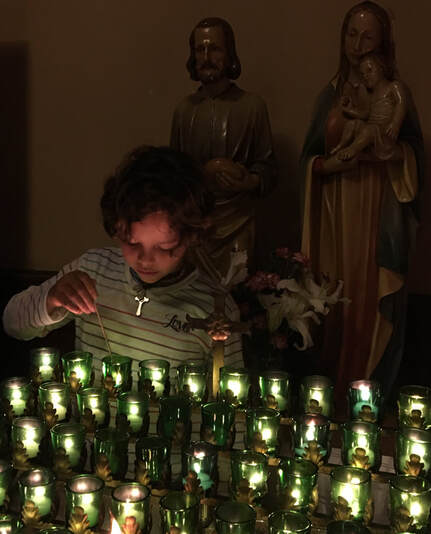First, I point out that the Vatican took two years to write it, which suggests political machinations rather than honest reporting. Credible accusations against Mr. McCarrick have been lodged with ecclesial authorities for the last 25 years, and the simple task of the McCarrick Report was to identify the persons who refused to act on those allegations. Its task was also to identify the persons and means by which he was able to rise to ever-higher positions of ecclesial power. Given the urgency of the case (the Church’s credibility has diminished with each passing month) and given the abundance of public information on McCarrick, I would say the elapse of two years indicates foul play.
Second, we have the analyses of medical professionals involved with the case. Richard Fitzgibbons, MD, for example, reported McCarrick’s abuse in 1996 to the Congregation for Bishops. He recently asserted that “my opinion, based on over forty years of experience working with priests and religious ... is that the massive cover-up of the homosexual abuse of minors, seminarians, and priests by those in authority positions in the Church, such as Theodore McCarrick, is present in a major way in the McCarrick Report.”
The Report claims that Pope Francis knew nothing of Mr. McCarrick’s criminal activity: “Until 2017," the Report alleges, "no one … provided Pope Francis with any documentation regarding allegations against McCarrick….” That is certainly disingenuous: it is barely possible that the Pope did not receive any “documentation,” but he was certainly told of McCarrick’s alleged crimes before 2017. It is also almost certainly false that the pope did not receive any written memos on McCarrick allegations before 2017. How could a pontiff not know what "everybody else" knew about America’s most powerful American Cardinal? He was certainly aware, and grateful, for the impressive sums of money McCarrick secured for the Vatican, such as from the former Cardinal's American Papal Foundation. Pope Francis did know that Pope Benedict had placed restrictions on McCarrick. In the words many laity and clergy, including the New York Times, “everyone knew about McCarrick.” If Pope Francis didn’t know about McCarrick, he demonstrates a shocking incompetence of his office.
I’m not an investigative reporter, nor should I spend much time analyzing this case. But I know a rotten fish when I smell it. The McCarrick Report is, quite simply, much more cover-up than truthful accounting. It proves the very thing it seeks to cover up, however: that the Vatican today is largely controlled by a network of dishonest and immoral men.
Do not, however, think that the gates of hell have closed upon the Church. In 1809, having overrun Italy, Napoleon sent Pope Pius VII into exile and detained the papal Secretary of State in Paris. He personally met with Cardinal Ercole Consalvi and declared “I will destroy your Church!” Consalvi placidly replied something like “I don’t think so, emperor. Not even we, the bishops and cardinals, have been able to do that.” We should not give up on the hierarchical Church, but we should realize its limitations. We have the Scriptures and the Magisterial teachings of Christ’s Church. We have the witness of the saints and the blood of the martyrs. We have the faithful laity of our local parishes. It is the faith of poor widows and simple priests that supports the Church more than her hierarchs. The Church has chosen, as patron and model of her priests, not a pope or a cardinal, but a simple man who could not even pass his Latin exams. The simple fidelity of the poor is enough to sustain us when Rome is, again, in decline.



 RSS Feed
RSS Feed